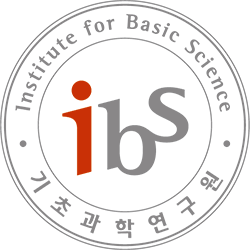Ben Lund, Furstenberg sets over finite fields
Room B232 IBS (기초과학연구원)An important family of incidence problems are discrete analogs of deep questions in geometric measure theory. Perhaps the most famous example of this is the finite field Kakeya conjecture, proved by Dvir in 2008. Dvir's proof introduced the polynomial method to incidence geometry, which led to the solution to many long-standing problems in the area. …

